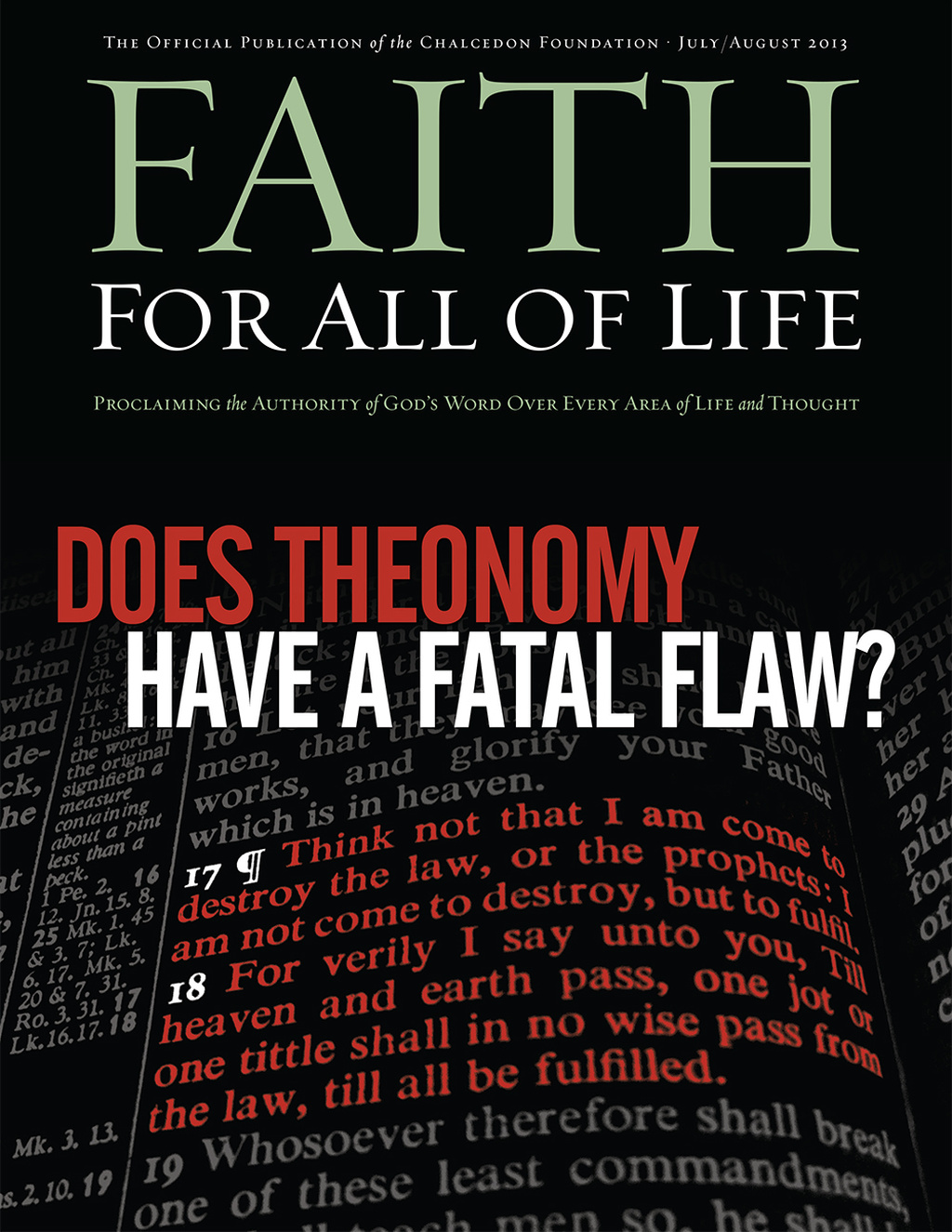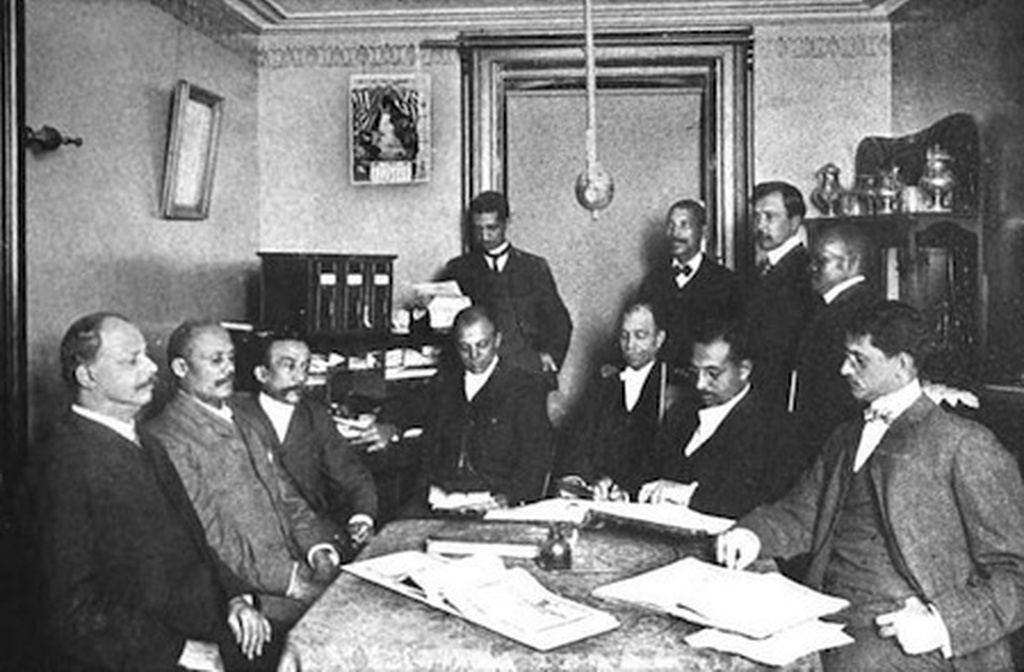
Magazine Issue
Does Theonomy Have a Fatal Flaw?
This edition features an analysis of Timothy Cunningham's book, which poses an important question about theonomy. Is there a Biblical foundation for theonomy, the view that the law of God is to be embraced and applied in all of life?






